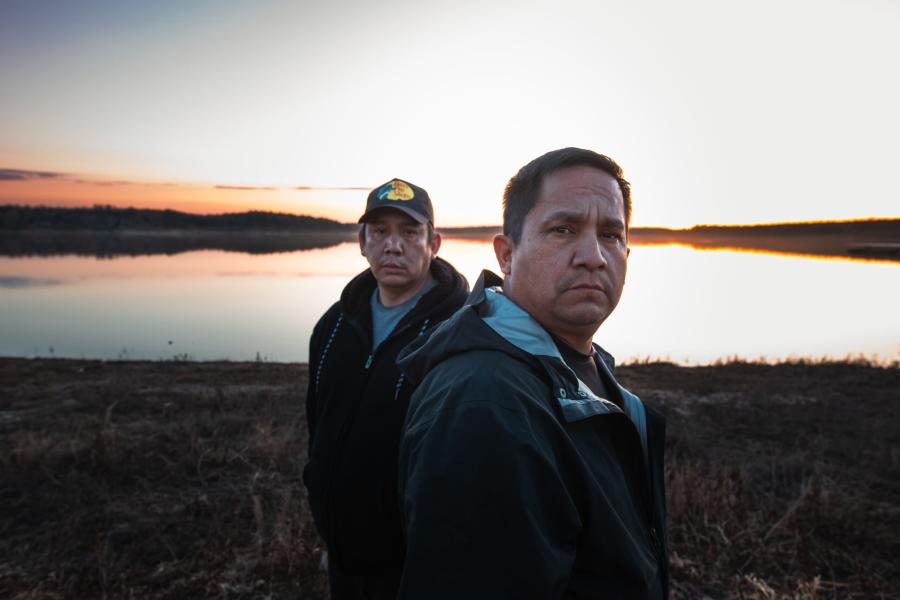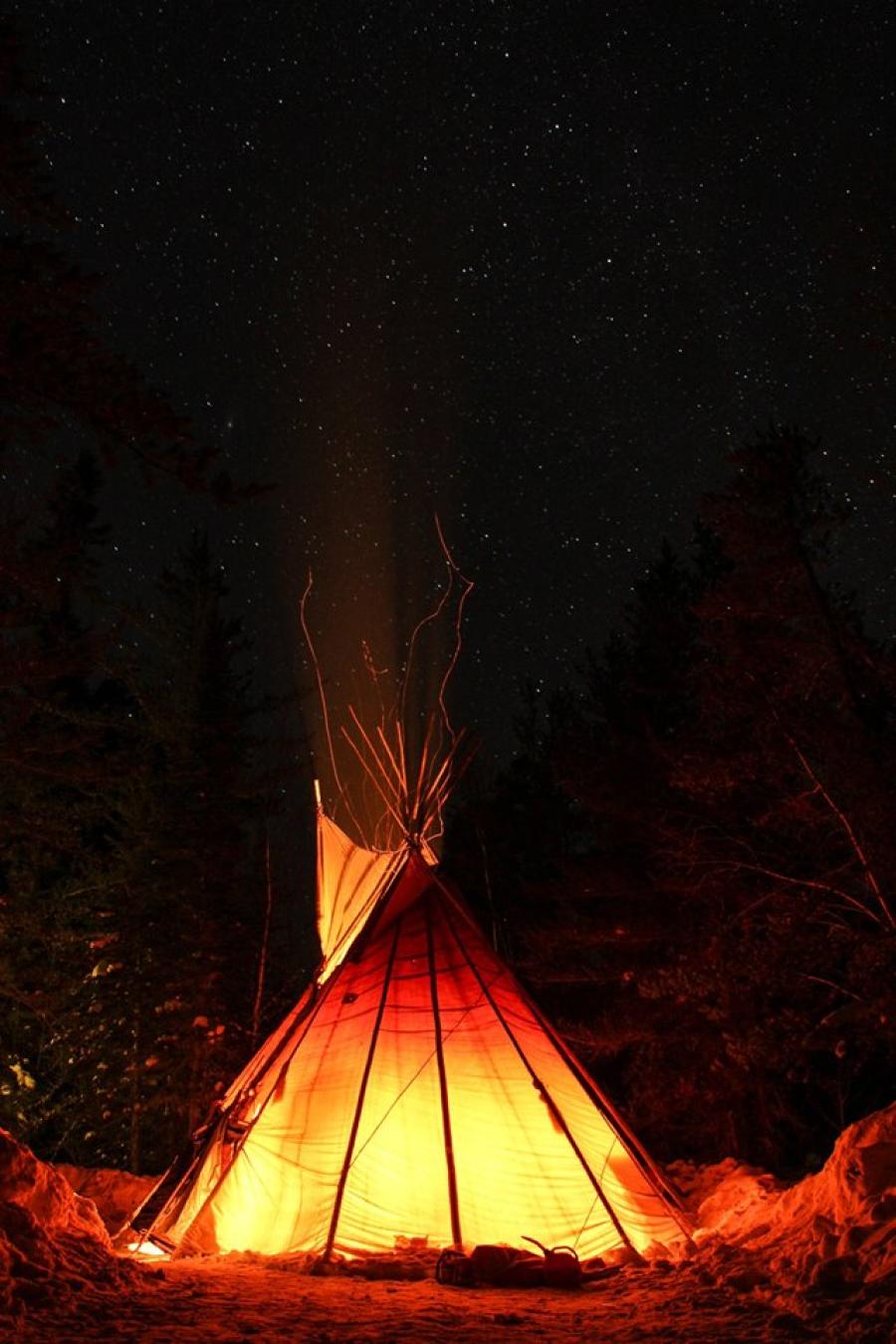When Steve Powley and his son Roddy were charged for hunting moose contrary to the province of Ontario’s Game and Fish Act 10 years ago, they claimed that, as Métis, they had a right to hunt for food. The Powleys won the case three times in lower courts before the Ontario government appealed to the Supreme Court of Canada. The case was heard in March in Ottawa.Canada recognized the First Nations, Inuit, and Métis as aboriginal peoples in the 1982 constitution, but the rights of the Métis have never been defined. Many Métis say the case will finally force the federal and provincial governments to have a dialogue with the Métis about their rights, as well as adopt a definition of who is Métis.
The Métis Nation was born of relationships between Indian women (largely Ojibwe and Cree) and European men in what is now Canada and parts of the northwestern United States. Gradually, a distinct Métis nation emerged—neither Indian nor European—with its own language and culture. Their communities tended to be along the routes of the fur trade in what is now Manitoba, Saskatchewan, northern Ontario, and the Northwest Territories.
Although their inclusion in the Canadian Constitution brought high hopes for the Métis, Powley’s lawyer, Jean Teillet, said that little has changed. “It has been a continuation of denial, denial, denial,” she argued. “Recognition of rights here will be the step to negotiations with the government.”
However, Métis leaders do not want the government to define who they are. Tony Belcourt, president of the Métis Nation of Ontario, said it’s up to the Métis to determine who qualifies for membership in the Nation, in accordance with international human rights instruments such as the International Covenant on Civil and Political Rights, and the U.N. Draft Declaration of the Rights of Indigenous Peoples.
“We don’t want any legislation defining who the Métis are or Métis communities. We have our own registries to maintain and control our own lists,” Belcourt said, adding that for his organization, a Métis is a person who self-identifies as a Métis, is distinct from other aboriginal peoples, is of historic Métis ancestry, and is accepted by the Métis Nation.
In its appeal, the government made several arguments. It said that the Powleys’ Métis community in northern Ontario was established too long after the British crown had asserted sovereignty over the area. It said that hunting big game was not a historic aboriginal practice and hunting for food was not integral to the Métis culture. The government also argued that the Powleys’ Métis community no longer existed and that Steve Powley had not demonstrated he was a member of a modern Métis community. Finally, the government said that because Powley's Métis ancestors had joined an Indian band and taken treaty benefits, they in effect became Indians and were subject to laws regarding Indian bands.
The court is expected to render its decision before the end of the year.
Celeste Mackenzie is an Ottawa, Canada-based freelance journalist.



